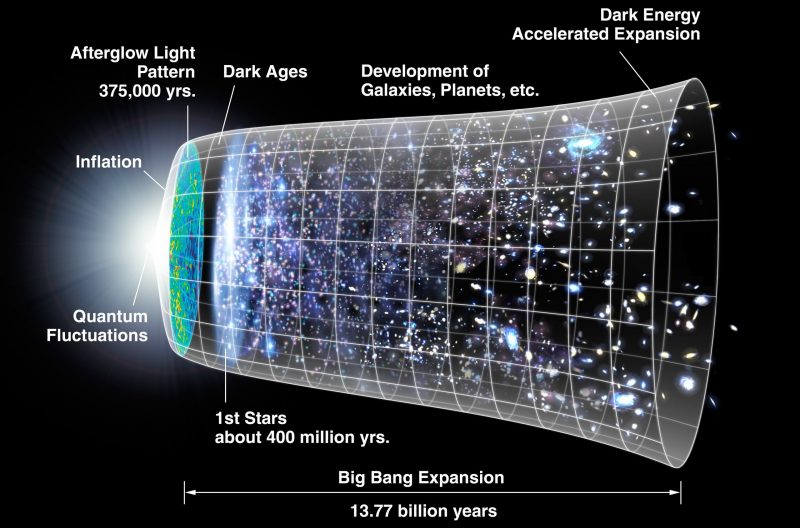Now, you may say that our universe is the only one. In which case you make it clear that the answers are already given in this thread on what mechanisms could be responsible for it, right? The singularity was the source. If you want to go back further, you’ll need something more in depth than earthsky.org. Other source do exist, plenty of them. And we’ve been putting those thoughts right here for you.
I would wonder. What other sources,; as the imaginative theoretical ideas that the are, at the highest of acedemia, could ever possibly tell you what's further back before the singularity?
But here’s the point. This discussion, about how things interact, has had all kinds of input from the non-god side. We’ve provided opinions, in good faith, of how the interactions could have happened.
You… haven’t.
That's not quite right. Drew has provided his imput,
even if you don't agree with it. Do you not notice the engagement between some of the posters disputing, on the subject in hand (not religion)?
Two of you have claimed “how could we possibly know that??”
To which the rest of us must likely wonder, “all righty then, how indeed can you claim to know anything at all about your god at any level, including whether it exists?” (Not to mention your claims about what it wants and whether it’s having you over for dinner after you die)
So fine. We’ve got your answer.
You heard it said, and I'm sure you've said it yourself: "
religion or faith is not science. " I have have no doubt theists agree with this too.
You got an answer, good. I think we can now establish that theists do not claim we know "how" God does it, but we can make the claim that we trust (have the faith) in the writers, derived psycholocally, historically, scholarly, geologically, etc.. & etc.. whereas others have had their own personal experiences, being that there are various ways how people become believers, case by case, which is a
different discussion from the current dialogue.
You even accuse Sonny of asking it as a trick. A gotcha.
Which is, like, the weirdest idea in the world to a scientist or engineer or mathematician or physicist.
Accusations ok... well it is normal on the forum. I've recieved quite a few from you in the past, but I don't take it too personal. Practice what you preach?
It probably would be a wierd idea to a scientist or engineer or mathematician, because the question is
a habitual line of argument, used by a lot of atheists in a lot of debates. But fair fenough for the accusations as you say, which often happens between posters. However I'll
accuse anyone I think is using it .

The question is, “what do you suppose is the mechanism for this phenomena?” And honestly, not one of us could imagine going to work and refusing to try to form a hypothesis for the sake of discussion. It would be unthinkable.
Such an interesting difference in world view.
Drew has contributed his input.


